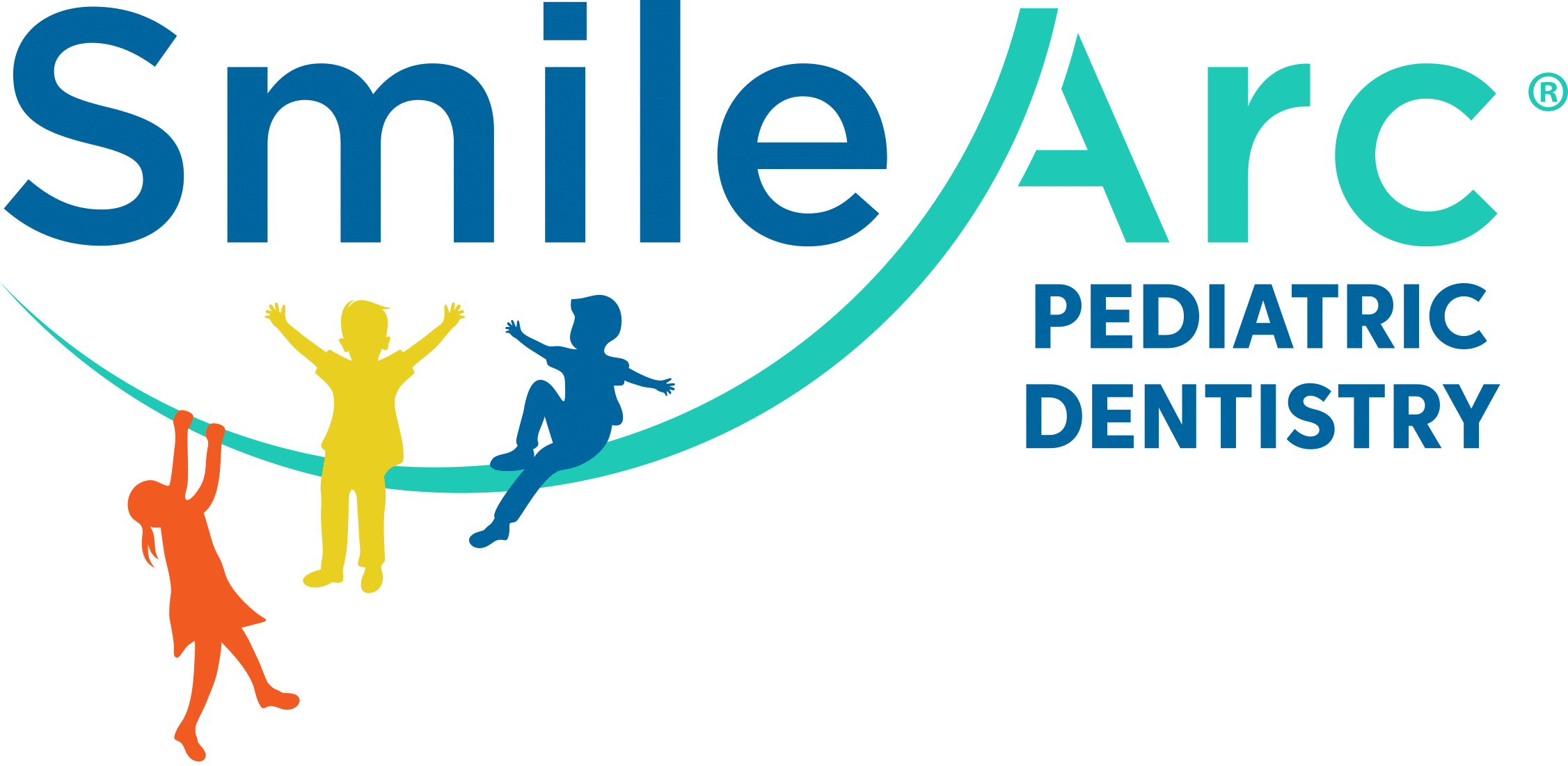Preserve Smiles, Combat Decay: Nurturing Healthy Habits for Lifelong Dental Wellness
Early childhood tooth decay prevention starts sooner than most parents realize. Also known as baby bottle decay, this common condition can quietly damage young smiles—especially when a child falls asleep with milk, formula, or juice in a bottle. The natural sugars in these drinks sit on the teeth overnight, feeding bacteria and speeding up enamel breakdown.
The good news? With the right habits, you can dramatically lower your child’s risk and build a foundation for lifelong dental wellness.
Preventing Baby Bottle Decay Starts at Home
Tooth decay in toddlers doesn’t happen overnight, it develops through repeated exposure to sugar and plaque. Think of enamel like a shield. Every time sugary liquid pools around teeth during sleep, that shield weakens.
Here’s how to protect it:
Smart Habits That Protect Growing Smiles
- Skip bedtime bottles with milk, formula, or juice, choose water instead.
- Keep juice in bottles or sippy cups limited to mealtimes only.
- Encourage your child to transition to a regular cup early.
- Never dip pacifiers in honey or sugar.
- Begin brushing as soon as the first tooth appears using a soft, child-sized toothbrush or clean cloth.
- Use fluoride toothpaste properly: Under age 2: a grain-of-rice-sized amount. Age 2+ (when able to spit): a pea-sized amount twice daily
- Help your child brush until around age 7 or 8, when they can do it effectively on their own.
According to the CDC, cavities remain one of the most common chronic childhood conditions in the U.S. That’s why prevention isn’t optional, it’s essential.
Why Baby Teeth Still Matter
It’s a common myth: “They’re just baby teeth, so cavities don’t matter.” In reality, untreated cavities in baby teeth can lead to pain, infection, difficulty eating, and even speech challenges.
Most baby teeth don’t fall out until ages 11–12. If decay develops early and isn’t treated, it can:
- Cause premature tooth loss
- Lead to shifting of nearby teeth
- Disrupt proper chewing and development
- Affect the alignment of permanent teeth
In other words, healthy baby teeth protect the future smile already forming beneath them.
Gentle, Precise Pediatric Cavity Treatment
Even with strong preventive habits, cavities can still happen. When they do, early treatment makes all the difference.
At Smile Arc Pediatric Dentistry, we focus on gentle pediatric cavity treatment designed specifically for children. We only recommend treatment when it’s truly needed, and we explain every step in a way that makes both parents and kids feel confident.
Our goal is simple:
- Relieve discomfort
- Prevent infection
- Protect developing permanent teeth
- Preserve space and alignment
We believe every child deserves to grow up pain-free, confident, and smiling.
Build a Strong Foundation for Lifelong Oral Health
Preventing early childhood tooth decay isn’t about perfection, it’s about consistency. With smart daily habits and regular dental visits, you can dramatically reduce your child’s risk of cavities and support long-term dental health.
Ready to safeguard your child’s smile? Schedule a visit with Smile Arc Pediatric Dentistry today. Together, we’ll create healthy routines now that protect bright, strong smiles for years to come.
Frequently Asked Questions
Tooth decay is one of the most common childhood health concerns, but it’s also one of the most preventable. Many parents have questions about what causes cavities, how fast they develop, and what steps truly make a difference. Below are answers to common questions families ask about early childhood tooth decay and cavity treatment.
How fast can a cavity develop in a child’s tooth?
Cavities can develop more quickly in children than in adults because baby teeth have thinner enamel. In some cases, early decay can progress within months if plaque and sugar exposure continue. That’s why regular dental checkups and early detection are so important.
Are some children more prone to cavities than others?
Yes. Factors like frequent snacking, sugary drinks, dry mouth, genetics, enamel strength, and brushing habits can all influence cavity risk. Some children may need extra preventive support, such as fluoride treatments or dental sealants, to reduce their risk.
Can cavities spread from tooth to tooth?
While cavities themselves don’t “spread” like a virus, the bacteria that cause decay can affect multiple teeth if oral hygiene is not consistent. When plaque builds up regularly, nearby teeth may also become vulnerable.
What are the early signs of tooth decay in children?
Early decay may appear as white spots along the gumline or faint discoloration on the enamel. As it progresses, you may notice brown spots, sensitivity, or complaints of pain while eating. However, some cavities cause no obvious symptoms at first, which is why routine exams matter.
How often should my child be checked for cavities?
Most children benefit from dental visits every six months. However, if your child is at higher risk for decay, your dentist may recommend more frequent visits to closely monitor their oral health.

